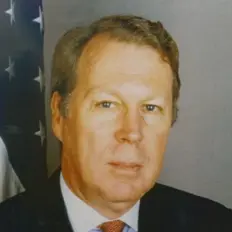China Seminar | 13 October 2011
Taiwan Presidential Election: Is the Cross-Strait Honeymoon Over?
In January 2012, Taiwan voters will choose their president and legislators. The election is being watched anxiously in Beijing, where leaders fear that a victory by opposition party candidate Tsai Ying-wen will bring an abrupt end to the remarkable progress in cross-strait relations that has taken place under President Ma Ying-jeou. But a second presidential term for Ma could also bring new tension to relations between Taipei and Beijing. Creating trade, transportation and tourism links after 60 years of estrangement has been a spectacular success, but both sides acknowledge that their remaining differences will be much more difficult to resolve. Political and military questions involve the fundamental and intractable issue of Taiwan’s sovereignty. In Taiwan there is little popular support for negotiation of these issues, while Beijing’s patience about delaying such negotiations is uncertain. Washington, which has welcomed cross-strait stability during he past three years, will be following the Taiwan election and its aftermath with close interest.
Ambassador Burghardt is the Director of East-West Seminars and concurrently serves as the Chairman, named by former Secretary of State Rice, of the Board of Trustees of the American Institute in Taiwan (AIT). His previous overseas services include the Ambassador to Vietnam, Consul General in Shanghai, Deputy Chief of Mission at the U.S. Embassies in Manila and Seoul, and Political Counselor in Beijing. He also served in various capacities in the National Security Council as Special Assistant to President Reagan, and the U.S. Embassies in Honduras and Guatemala as well as a Peace Corps Volunteer in Colombia before joining the Foreign Service. Ambassador Burghardt is a graduate of Columbia College and speaks Vietnamese, Mandarin Chinese and Spanish.
